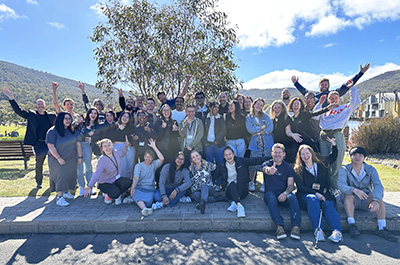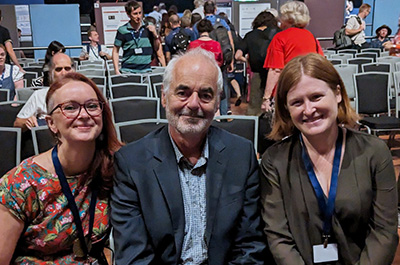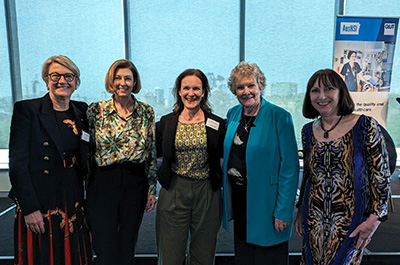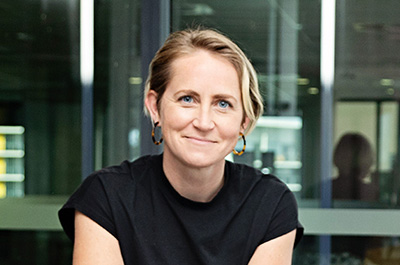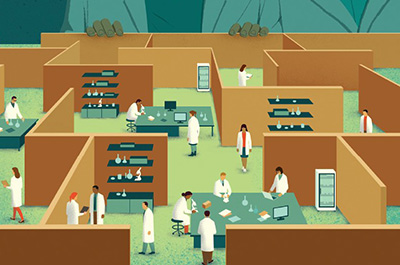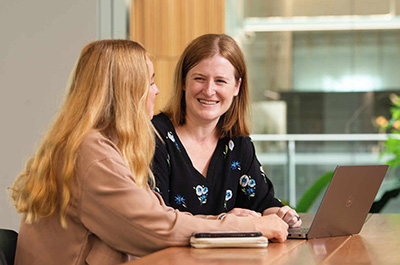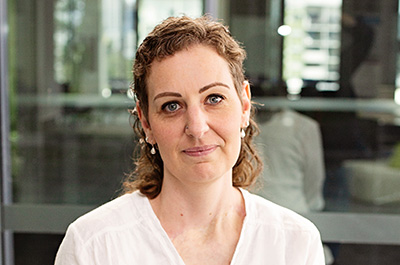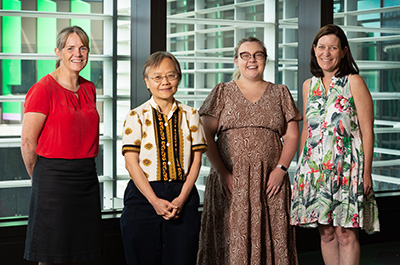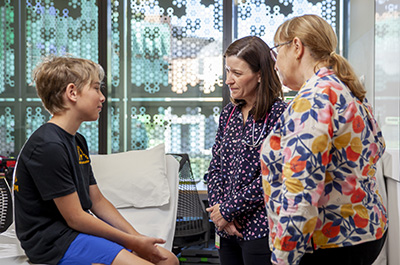Help prioritise research on research
What questions about research funding would you like to see answered by research? The Association for Interdisciplinary Meta-Research and Open Science (AIMOS) is asking people to vote to collectively find the most important questions in research funding.
Researcher Spotlight: Paul Kuwornu
Dr Paul Kuwornu, AusHSI Senior Research Fellow - Health Economics, thinks of innovation in health services as embracing technology and change to create the right framework to deliver and improve health care.
Using digital solutions to target interventions helping prevent hospital falls
When patients fall, their health can decline rapidly. As part of his recently completed PhD, Rex Parsons explored a decision support tool that supports the provision of value-based health care, and discovered an interest in software development.
Digital Health CRC Curiosity Camp: Navigating interdisciplinary blind spots
AusHSI PhD students attended the Digital Health Cooperative Research Centre's Curiosity Camp at Lake Crackenback in NSW, which brought together emerging leaders, consumers, innovators and researchers to address real-world healthcare problems.
AusHSI Statisticians in society
Held at the University of Wollongong, the 2023 Australian Statistical Conference theme was 'Statisticians in society', acknowledging the important contributions that statisticians make as technical experts and communicators in an increasingly data-dependent world.
The path to value-based health care in Australia
Over 200+ health system leaders gathered at the Value-Based Health Care Congress at QUT Gardens Point on 26-27 October to discuss the global Value-Based Health Care movement (VBHC), and what it means in the context of Australia.
Researcher Spotlight: Michelle Allen
Dr Michelle Allen, AusHSI Research Fellow - Implementation Science, shares her perspective on the healthcare system and how shifting the status quo can deliver real improvements.
What is the AIMOS conference?
If you've ever questioned typical scientific practice and wondered how it could be improved, then join us at AIMOS 2023. We can guarantee you will learn a lot about the workings of science and how we can all improve it.
Using Shiny to support data analysis in health services research
The AusHSI statistics team has developed two new Shiny applications to help researchers synthesise evidence for literature reviews and health economic modelling.
An Evaluation of the Smoking Cessation Program – Quitline Queensland
Smoking prevalence across Australia has not substantially declined in the past decade. My PhD project aims to reduce smoking in Queensland by supporting Quitline users to successfully quit smoking through improved uptake and engagement with the service.
World Bronchiectasis Day
World Bronchiectasis Day is held on 1 July and aims to raise awareness, share knowledge, and discuss ways to reduce the burden of bronchiectasis for patients and their families worldwide. Learn how the Cough and Airways Research group at AusHSI is focused on improving the lung health and quality of life of children with bronchiectasis.
The why, what and how of bronchiectasis
It has now been shown that, if bronchiectasis is picked up early in children, appropriate management can reverse the radiological airway damage in some patients. It is therefore crucial that children are diagnosed early and receive the best medical care.






